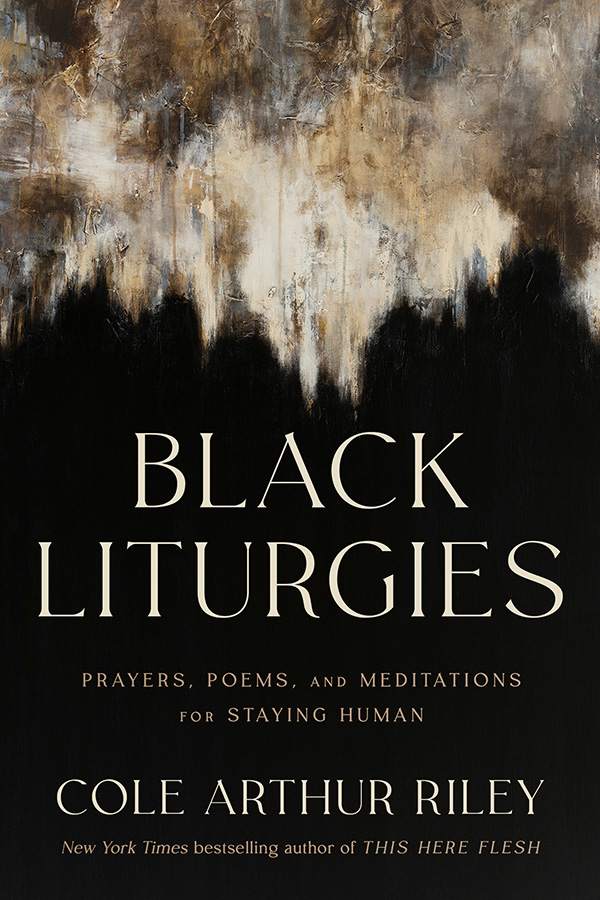A besieged church raises the alarm. Numbers decline. Churches close. Who or what is capturing the hearts of former adherents?
Choose one: (A) Galloping secularism. (B) Rampant modernity, or post-modernity, or post-postmodernity. (C) Other faiths. (D) That trendy church on the outskirts of town the campus of which looks like some corporate headquarters and “brands” itself with a non-religious moniker. (E) All of the above. (F) None of the above.
Accusing fingers point to the usual suspects, but I would like to point to someone hiding in the shadows, or, perhaps, hiding even more effectively in plain sight.
Our most pernicious competitor today is henotheism.
Officially, henotheism is a sort of tribal worship. The “Oxford English Dictionary” defines it as the belief in a single deity belonging to an individual, a family, a tribe or a nation. Henotheism does not assert that there is only one god, just that this particular person or family or tribe or nation worships this particular god.
A generation ago H. Richard Niebuhr argued, “The chief rival to monotheism . . . is henotheism or that social faith which makes a finite society, whether cultural or religious, the object of trust as well as of loyalty and which tends to subvert even officially monotheistic institutions, such as the churches.”
In other words, the culture itself (that invisible continuum in which we swim like fish in a water tank) becomes the object of adoration, veneration and worship.
If Niebuhr is right, the chief competitor of the church in our times does not challenge the church directly. It does not need to challenge the church head on, but is insinuated into the lives and loyalties of our membership through seemingly benign sources -- the many good things which should receive our relative loyalty and that only become bad things when they claim our absolute or ultimate allegiance.
Henotheism isn’t a common word, but it may just be the most common faith of many Christians, a faith which converts not its adherents to strange or foreign gods, but that subtly replaces the worship of Jesus Christ with a lesser deity, while retaining all the trappings of Christian worship. The lesser deity is a threat because it is familiar, even homemade.
One can find henotheism on the right and on the left, whether in the form of an “America first” mentality that gives narrow national interests the veto power over the radical claims of the gospel; or in the form of a civil religion enshrining certain assumptions of the Enlightenment that seek to ban altogether the vocabulary of faith from the public realm. Household gods tug at the coattails of Christians, demanding “you may go just that far with Jesus of Nazareth, but no farther.”
Michael Jinkins is dean and professor of pastoral theology at Austin Presbyterian Theological Seminary in Austin, Texas.








